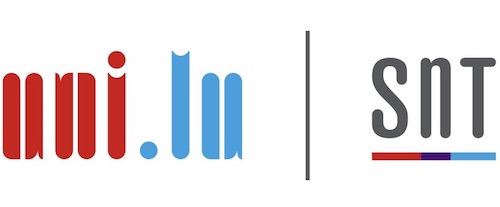
Interdisciplinary Research Group in Socio-technical Cybersecurity
A trust framework for evaluating GNSS signal integrity
Abstract:
Through real-life experiments, it has been proved, not only in theory but also in practice, that civil signals of Global Navigation Satellite Systems (GNSS) can be spoofed. Consequently, a number of spoofing detection techniques have been proposed to verify the integrity of GNSS signals. In this paper, we develop a novel trust framework based on subjective logic to evaluate the integrity of received GNSS civil signals. We formally define signal integrity for the first time in the framework and use it to precisely characterise different spoofing detection methods. Our framework captures the uncertainty during the inference of signal integrity which has been largely ignored or not explicitly specified in the literature. Our framework also gives rise to several natural ways to combine the outputs of various spoofing detection methods on signal integrity. We validate our framework through experiments using both real and simulated signals and the results show that our framework is effective.
Authors:
Xihui Chen, Gabriele Lenzini, Martins Miguel, Sjouke Mauw, Jun Pan
Publication date:
2013
Published in:
Proceedings of 26th IEEE Computer Security Foundations Symposium
Reference:
X. Chen, G. Lenzini, M. Martins, S. Mauw and J. Pang, "A Trust Framework for Evaluating GNSS Signal Integrity," 2013 IEEE 26th Computer Security Foundations Symposium, New Orleans, LA, 2013, pp. 179-192.
Get in touch with us
SnT – Interdisciplinary Centre for Security, Reliability and Trust
Maison du Nombre, 6, avenue de la Fonte L-4364 Esch-sur-Alzette
info-irisc-lab@uni.lu
